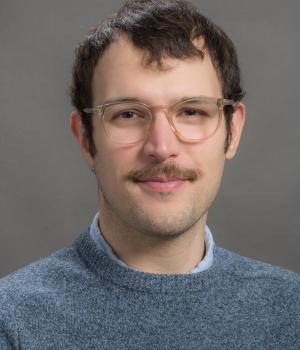Alexander Meeske
Alexander Meeske
I performed my graduate research in the laboratory of David Rudner at Harvard Medical School, focusing on the genetics and biochemistry underlying bacterial cell wall synthesis in the model gram-positive bacterium Bacillus subtilis. I was a postdoctoral fellow in the laboratory of Luciano Marraffini at the Rockefeller University, where I studied how the RNA-targeting CRISPR-Cas13 system provides anti-phage immunity to one of its natural bacterial hosts, Listeria seeligeri.
Phages (viruses that infect bacteria) are among the most significant selective forces that shape bacterial evolution. To combat infection, bacteria have evolved robust anti-viral defense systems. These include CRISPR loci and their associated (Cas) proteins, which are widespread prokaryotic adaptive immune systems that engage in RNA-guided surveillance and cleavage of foreign nucleic acids. A decade of bioinformatic mining has uncovered thousands of CRISPR systems, categorized into six broad types with highly diverse gene content and mechanisms of action. In turn, phages have developed counter-measures that overcome bacterial immunity, such as anti-CRISPR proteins that inhibit Cas proteins, and allow phages to overcome immunity. My lab applies high-throughput genetics, biochemical reconstitution, and microscopy to characterize the diverse relationships between CRISPR-Cas systems, the bacteria that encode them, and the phages that they encounter.










